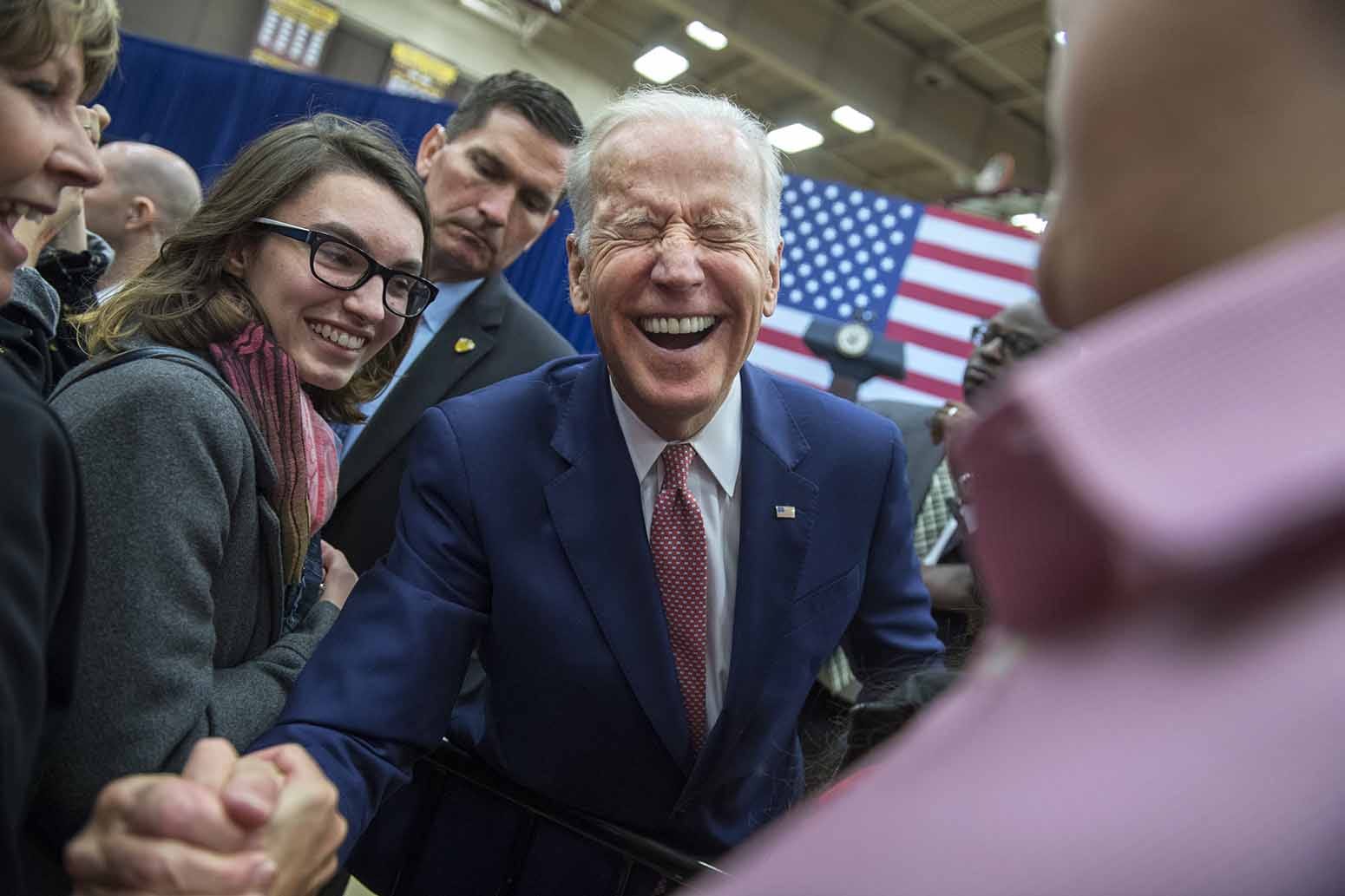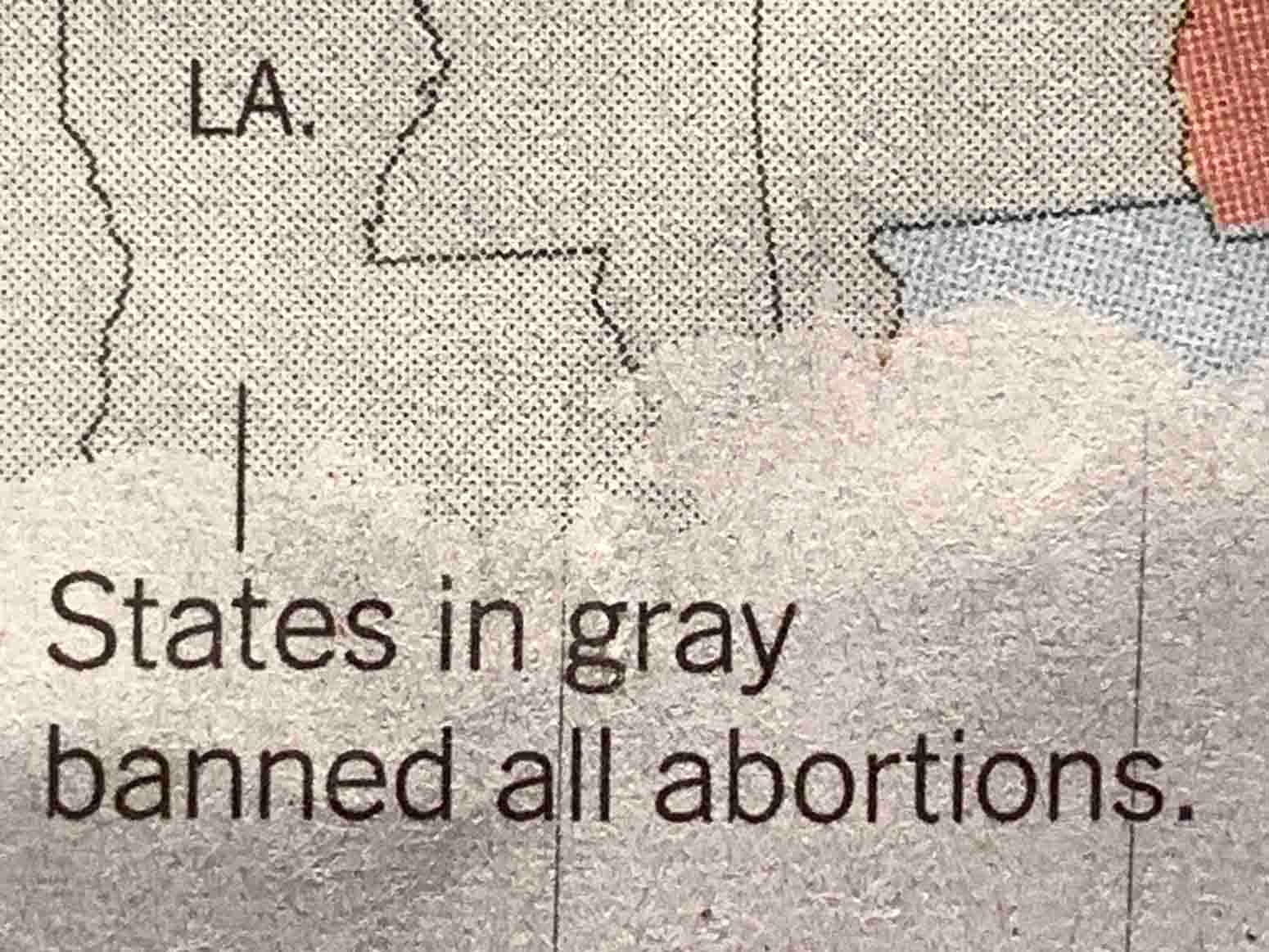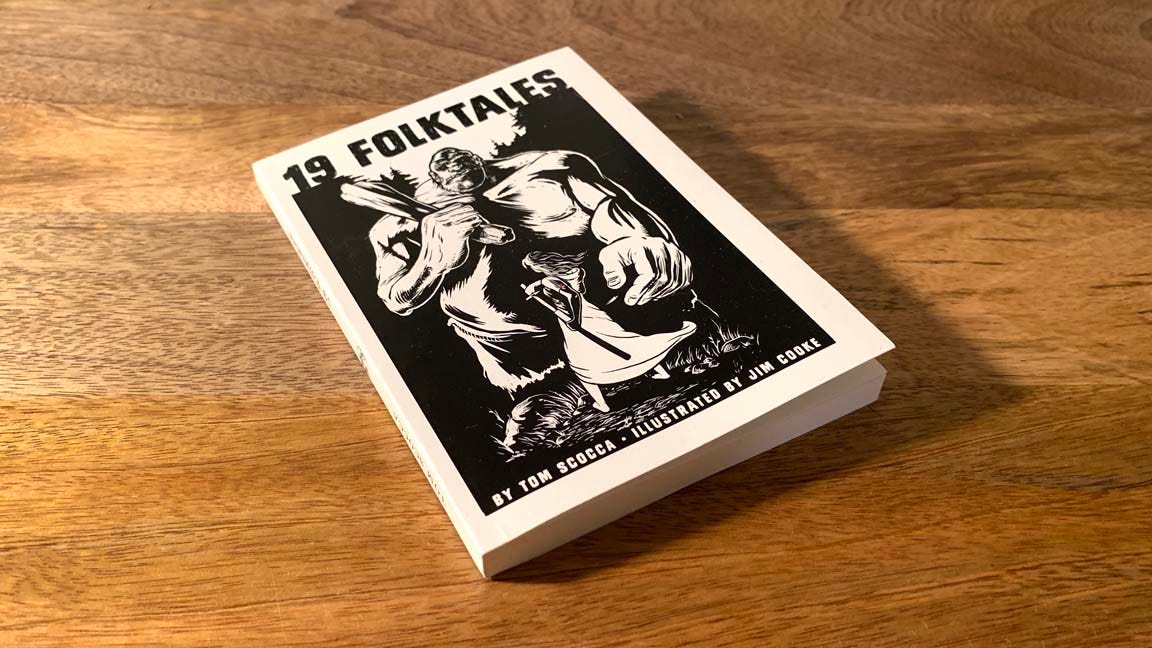Why a mainstream Democrat isn't challenging the president
POLITICS DEP'T.

Because He's the President

MANY PEOPLE, FOR various sensible reasons, would prefer if Joe Biden were not running for president in 2024. Biden was, by far, the oldest president ever inaugurated—older at his election than Ronald Reagan was at his reelection, by a full presidential term—and his approval ratings are terrible. If he falters in the campaign, the likeliest result will be that Donald Trump returns to the White House, focused from day one on tearing out the guardrails that barely kept him from driving the constitutional order off a cliff before.
"The strangest thing about this harrowing circumstance is that no mainstream Democrat is challenging Biden for the nomination," New York magazine's Jonathan Chait wrote over the weekend.
I agreed with Chait—more than I usually do, anyway—about the general perils and high stakes of the situation. But with that question, Chait picked out what might be the least strange thing about the whole arrangement. Why is no mainstream Democrat challenging Joe Biden? Because Joe Biden is president.
Mainstream members of political parties do not challenge their party's incumbent president. That is the definition of being a mainstream party member. If you challenge the president, you would be breaking from the mainstream.
More precisely, what you would be doing is breaking ranks. What Chait misses, in his analysis, is a fundamental reason why Biden became president in the first place. Conventionally, people discuss Biden's success in 2020 as a matter of "electability." Everyone agreed it was desperately important to beat Trump, and Biden was the best-known candidate and a veteran of two successful presidential tickets. As soon as he showed that he wasn't too decrepit to win a primary, by crushing the competition in South Carolina, the Democrats called off the rest of the campaign and lined up behind him.
But the case for Biden was not merely about the belief that a familiar, well-liked, moderately liberal white man would be the most appealing opponent to run against to Trump. It was also about the belief that anything else would mean conflict, and conflict was too risky.
Whether that belief was true or not was debatable, back then. Certainly it was anti-democratic, with a lowercase D. The Republicans had a spectacularly nasty primary in 2016, but it ended up not really being divisive at all; even the most cruelly abused of the losers, Ted Cruz, became an embarrassingly loyal Trump supporter.
The Democratic Party in 2020, though, was afraid the primaries might upset too many things, or too many people. Center-rightists and plutocrats had already made it clear that they were ready to accept a second Trump term if the left side of the Democratic Party got a nominee it wanted in Bernie Sanders or Elizabeth Warren. And if the factions kept fighting, in public, over things like whether there should or shouldn't be universal health care, they might damage the eventual nominee, or scare voters who just wanted a return to the pre-Trump status quo.
Biden's "electability," from this angle, was not necessarily about Joe Biden at all. It was about calling a truce in the Democratic Party. The nomination would go to the most senior and most familiar figure available, and the rest of the party's internal power structure would stay the way it was, give or take a Cabinet seat for a small-city mayor and similar minor adjustments.
If the first pillar of Bidenism—Biden's own appeal as a popular and reassuring figure—looks wobbly now, the second pillar is firmer than ever. As much as people concerned about Biden's age, or pundits bored by the lack of horse-race storylines with both presumptive candidates locked into the gate more than a year before Election Day, might wish it weren't so, it can't help but be.
Chait wrote:
There are 24 state Democratic governors and 51 senators plus several exes. While some of them are themselves too old or baggage-ridden, many of those figures—Michigan governor Gretchen Whitmer, Georgia senator Raphael Warnock, Illinois governor J. B. Pritzker, among many others—could enter the presidential race and stand a decent chance of winning.
What does "could" really mean, when it comes to entering the presidential race? J.B. Pritzker can't just magically make his name appear on the ballot. He would have to do something to get there. Right now, those 24 governors and 51 senators are all, by mutual agreement, lined up behind Joe Biden in reasonably orderly fashion. If one of them were to jump out of line, the other 74 would be compelled to start jockeying not only with that person, but with one another.
In the abstract, or in principle, this might be healthy. Why not, in principle, let the voters choose the person they think is most suited to the moment?
But concretely, Joe Biden is the president. Unless he has some drastic and precisely timed health crisis, it's impossible to imagine him actually declining to be the nominee. He embodies the agreement that held together the coalition that defeated Trump in 2020 and held onto the Senate in 2022; if he goes, so would the agreement.
And so, too, would the incumbency. This was what made Biden's decision to run in 2020, and his success then, so frustrating at the time: Whatever Democrat got elected in 2020 was going to be the candidate in 2024. Those of us who were worried about his age back then, and who remain worried about it, can wish he would bow out, but it's just wishing. Incumbency is a huge advantage in a presidential race, even though it comes at the price of four years of adversarial news coverage and focused opposition. Those much-pursued voters in the middle don't like to change presidents if they don't have to. Joe Biden has already cleared the biggest hurdle for any presidential candidate, convincing the public that he's a plausible president. You can turn on the TV or read the news and see him being president. The party that nominated Joe Biden in 2020 is not a party that's going to give that up in 2024.

WEATHER REVIEWS

New York City, September 10, 2023
★★ A gray morning and a slow start meant that a drumming rain arrived with the breakfast dishes still on the table. The heavy shower passed, and then another heavy shower showed up, splattering the windows. The heat wave had cooled off at last, for real, but the wet laundry in the wet air still called for the air conditioner. On the radar, the midafternoon wave of possible showers seemed to have drifted eastward, in South Jersey, to miss the city as it came. The fire stairs were still dripping, but sun found the livery of a Southwest jet crosing south to north under the thinning clouds, and then it found the wall nearby. A refreshing breeze tossed the leaves of the spider plant.

EASY LISTENING DEP’T.
INDIGNITY MORNING PODCAST
Indignity Morning Podcast No. 142: A neutral-looking gray.
Tom Scocca • Sep 11, 2023

Listen now (4 mins) |
Read full story →

MARKETING DEP'T.

19 FOLKTALES collects a series of timeless tales of canny animals, foolish people, monsters, magic, ambition, adventure, glory, failure, inexorable death, and ripe fruits and vegetables. Written by Tom Scocca and richly illustrated by Jim Cooke, these fables stand at the crossroads of wisdom and absurdity.

HMM WEEKLY MINI-ZINE, Subject: GAME SHOW, Joe MacLeod’s account of his Total Experience of a Journey Into Television, expanded from the original published account found here at Hmm Daily. The special MINI ZINE features other viewpoints related to an appearance on, at, and inside the teevee game show Who Wants to Be A Millionaire. Your $20 plus shipping and tax helps fund The Brick House collective, a Publishing Concern featuring a globally diverse set of publishers doing their own thing, with interesting items and publications available for purchase at SHOPULA.
Thanks for reading INDIGNITY, a general-interest publication for a discerning and self-selected audience. We depend on your support!





